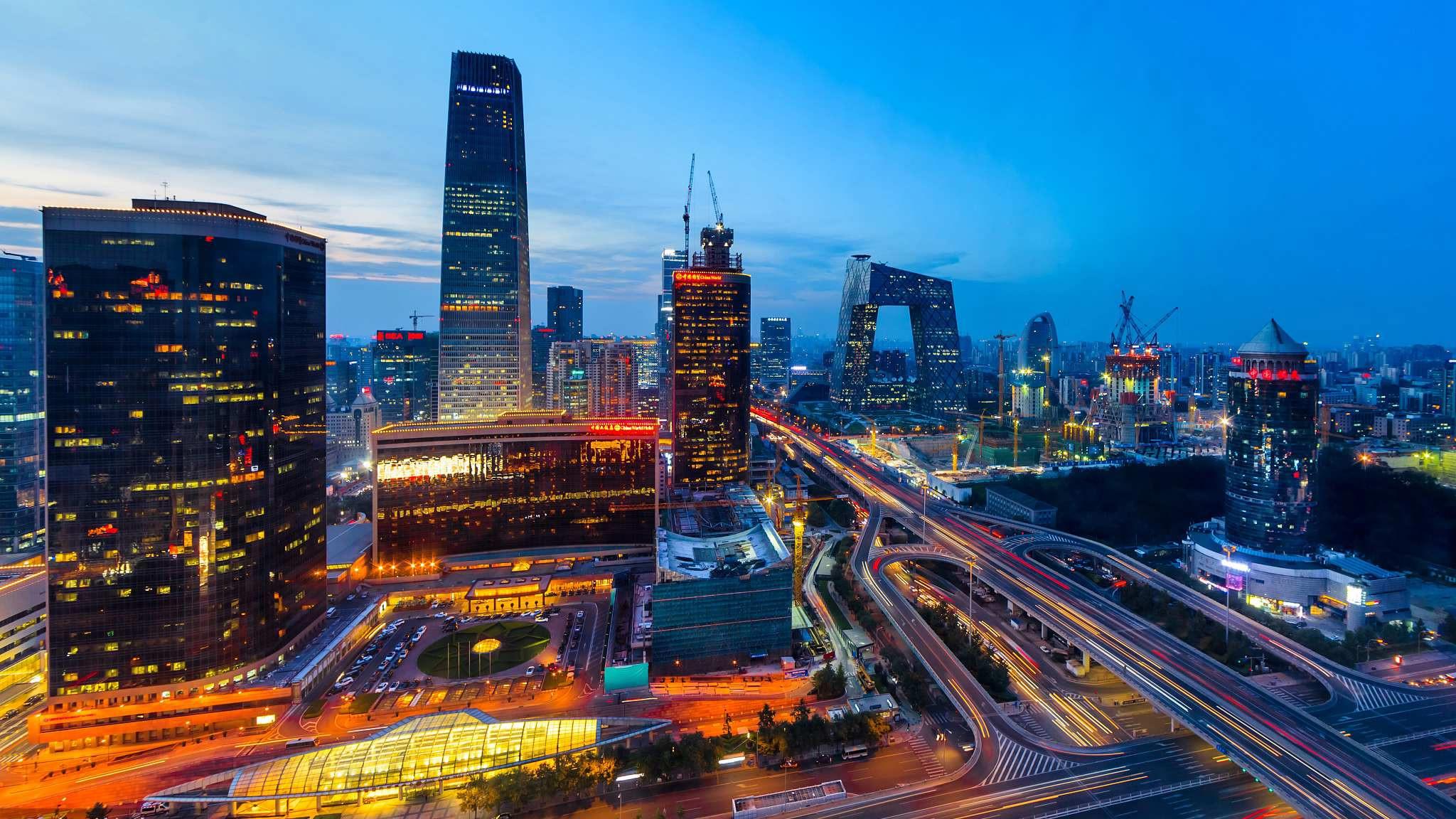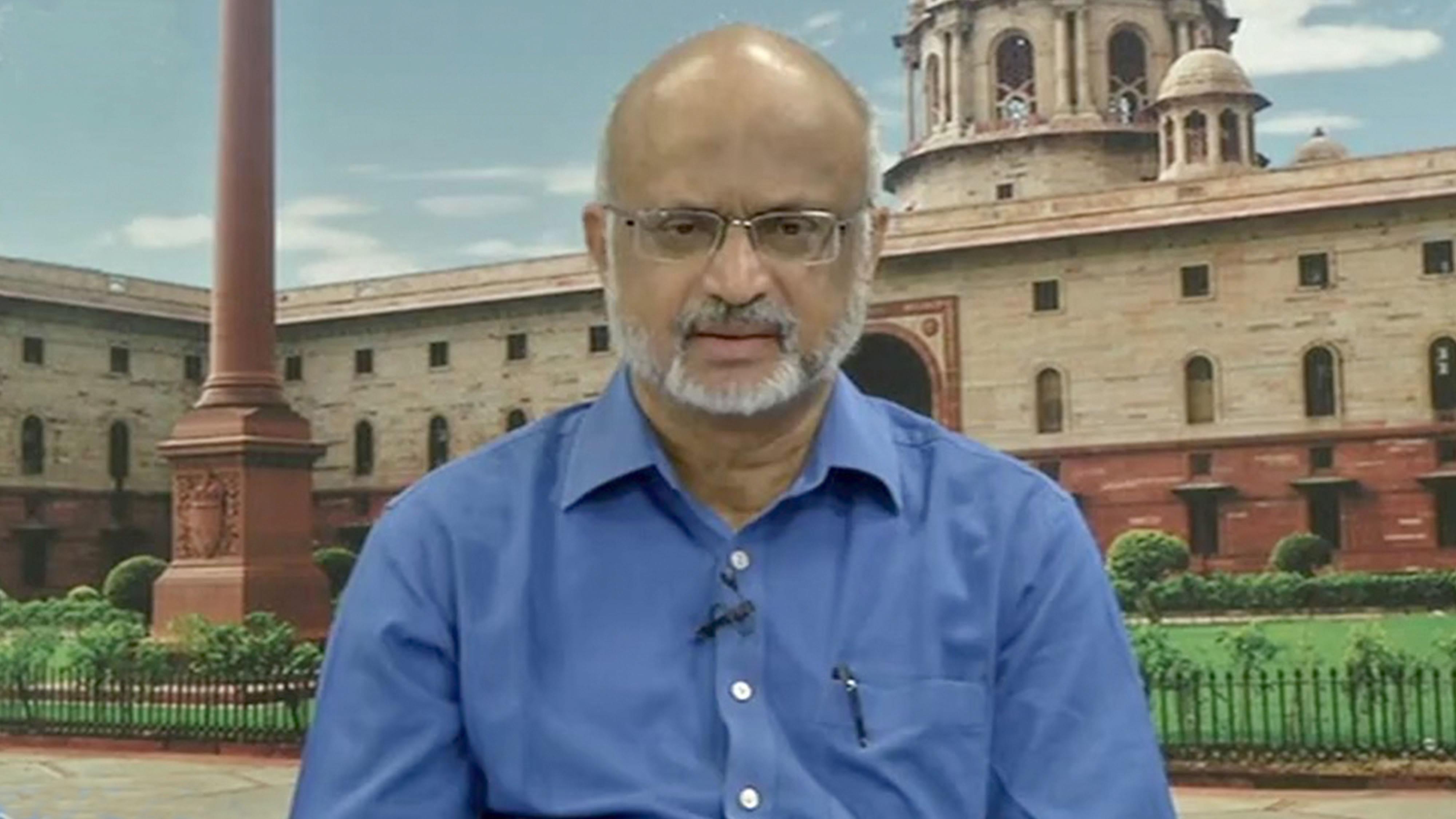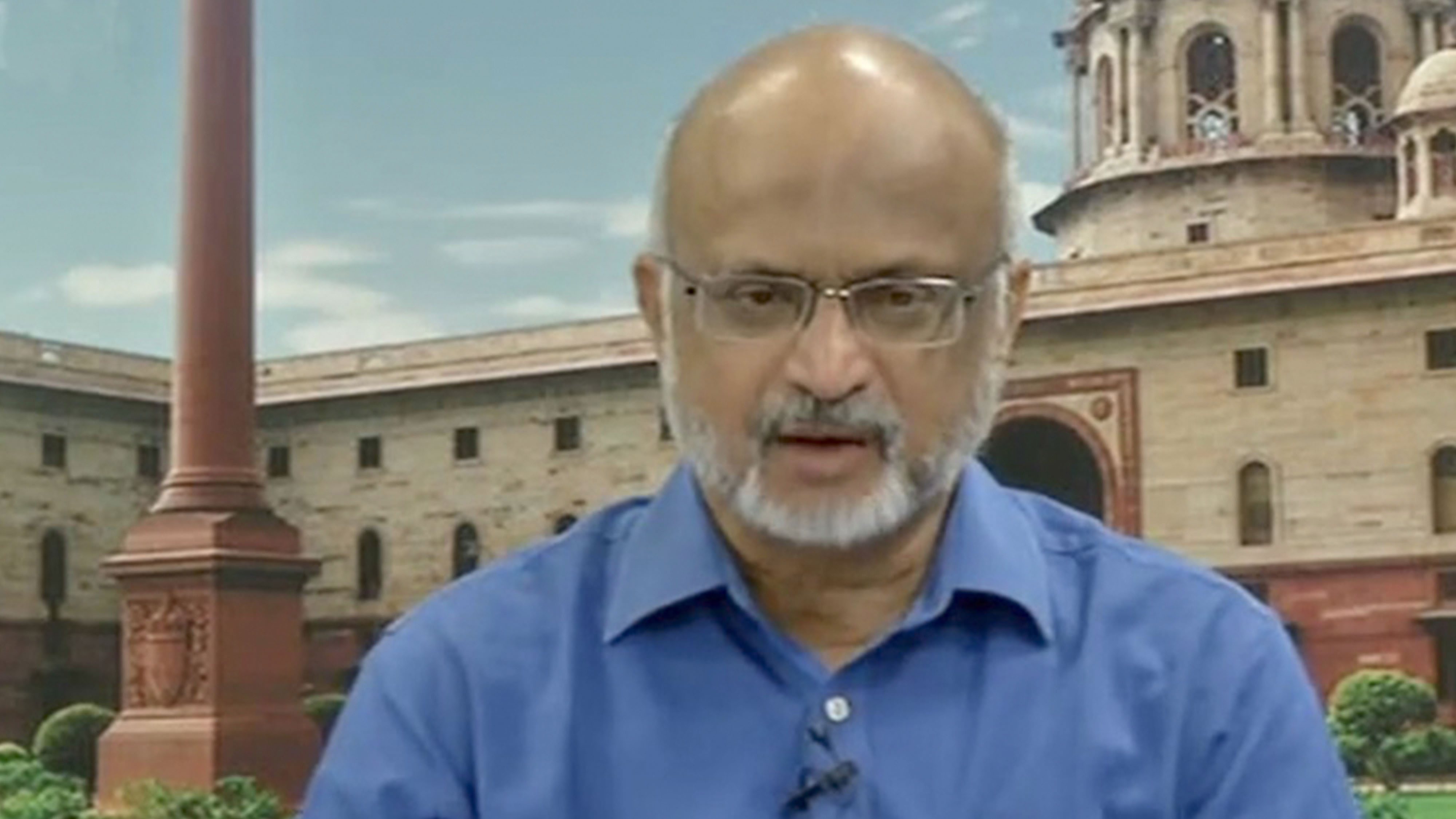
Opinions
16:00, 09-Apr-2018
Boao Forum for Asia: Expert on trade protectionism, China's reform and opening up
Asia Today

While “open” is the keyword of the Boao Forum for Asia, Donald Trump’s administration seems to be heading in the opposite direction. In response to growing US protectionism, South Korea said it will suspend tariff concessions on certain US goods, becoming one of the first countries to take such a line. Will more countries follow suit? How can Asia deal with the US when it's being so protective?
M.D. Nalapat, vice-chair of Manipal University's Advanced Research Group in New Delhi, shared his perspectives on global trade with CGTN.
US' trade protectionism is harmful to both China and the US

Mr. Nalapat thinks the US is becoming more dependent on Asia, and global trade should be a two-way street and win-win situation. However, Washington thinks in zero-sum terms. He said the notion that America wanting to benefit from global trade without any costs is a delusion. Today’s Asia is strong enough to challenge the US. A united Asia has the capability to hurt the US economy, and that will affect the political standing of Trump and his party, he pointed out.
Trump is a businessman who was elected on the hopes of making America great again. Mr. Nalapat added that the trade war instead weakens the country's economy, and will tank voter support for Trump.
China will be the leader of innovation in the future

In addition to the ongoing trade conflict between the US and China, Mr. Nalapat shared his insights on China's ongoing reform as well.
He said that China’s private businesses are “extremely capable and competitive,” as Chinese entrepreneurs are brilliant. As a businessman who has garnered global influence, Alibaba Group's Jack Ma will have more followers in the next twenty years.
Mr. Nalapat also emphasized the flow of migrant talent, noting that the US shuts doors across the world, especially for people from non-European countries, China stands to benefit from this flow of human capital.

SITEMAP
Copyright © 2018 CGTN. Beijing ICP prepared NO.16065310-3
Copyright © 2018 CGTN. Beijing ICP prepared NO.16065310-3